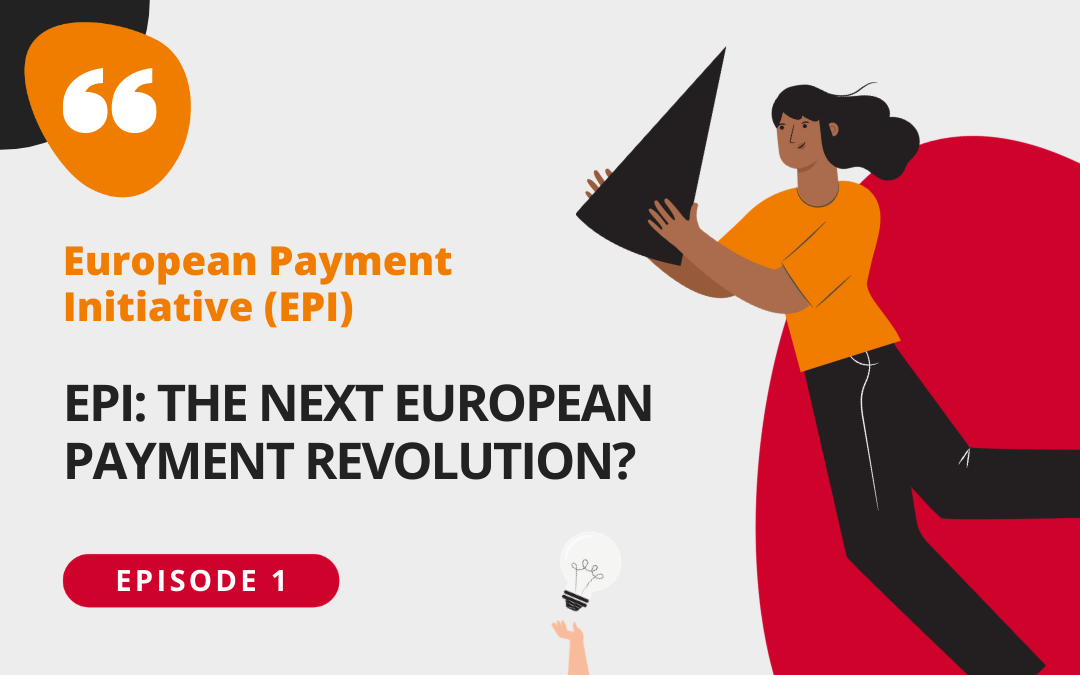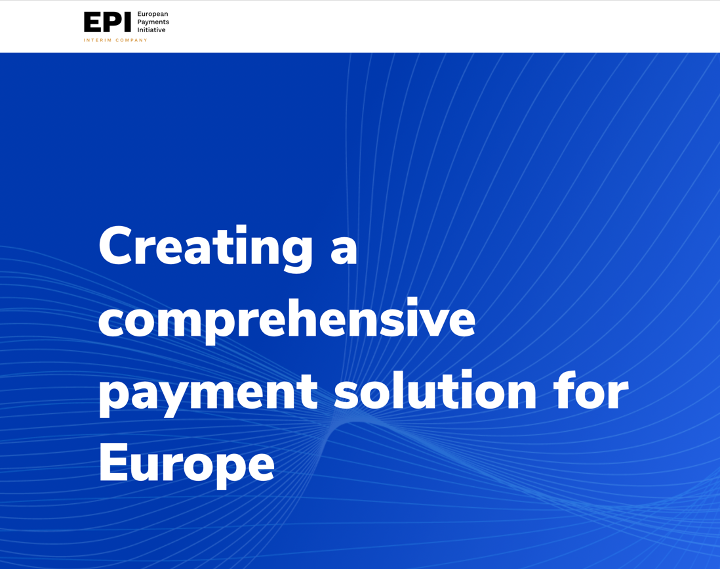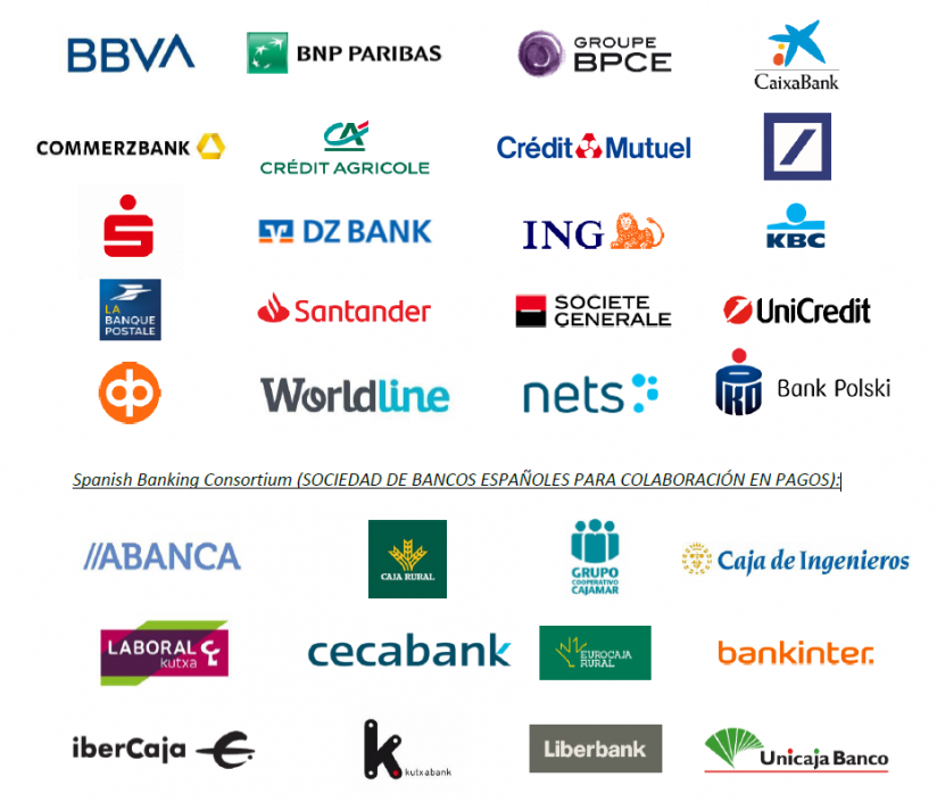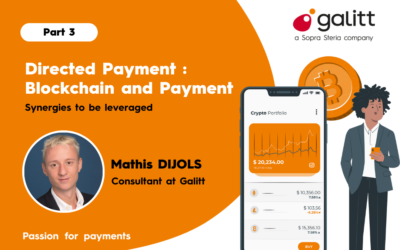EPI: the next European payment revolution?

In 2020, 16 European banks from 5 Eurozone countries launched the idea of an international payment network independent of Visa and Mastercard, called EPI (European Payment Initiative). Since then, the initiative has taken shape, interbank work has been launched and EPI appears more and more as a future alternative in a world where European sovereignty is increasingly at stake.
Galitt tells you more about this large-scale project, which could in the future change our daily life as “payers”.

A little history
To begin with, a little background. EPI is first of all the return to the forefront of an idea that emerged in 2010, in the form of a project called Monnet. This project already formulated the idea of creating a European card network, competing with Visa and Mastercard. But the project failed due to the difficulty of the actors involved to find a consensus on the innovations to be implemented in this framework and the lack of added value for the cardholder, compared to what already existed.
However, the idea continued to gain momentum. And in 2019, twenty European banks came together around the PEPSI (Pan European Payment System Initiative) project, since renamed EPI.
EPI was born out of this, but with a fundamental difference: it brings all kinds of payments under the same scheme, not just card payments.
But why EPI?
This is a strategic project, supported by the European authorities (the European Commission and the ECB), because it meets two major challenges. The first is harmonization. Although the implementation of the Single Euro Payments Area (SEPA) is well underway, it is clear that this harmonization is not yet complete. The European market is still very fragmented. According to the European Central Bank, “Ten European countries still have national schemes that do not accept cards from other EU member states. EPI was therefore designed to create a new European standard for cross-border and domestic payments. This desire for harmonization has already been translated in Europe by the implementation of the instant transfer (also called Instant Payment), with the same idea of promoting competition and encouraging innovation, to the benefit of consumers. In addition, the COVID-19 outbreak has also highlighted the need for a European dematerialized payment system. In fact, customers have turned away from cash payments in large numbers and have preferred contactless payments and online shopping during this period.
The other major issue that EPI addresses is sovereignty. The dominant players in the card payment market today are all American, whether it be Visa and Mastercard or the major GAFAs, who have long shown their desire to control part of the payment value chain. This concern has been around for a long time, but has taken on new importance with the health crisis and the deteriorating geopolitical climate under President Donald Trump.
Who wears EPI today?
At the origin of the project we find the French Banking Federation; France has thus been a powerful engine at the origin of this European project. Today, six major French banks are involved (BNP Paribas, BPCE, Crédit Agricole, Crédit Mutuel, La Banque Postale and Société Générale). Alongside them, ten other German, Dutch, Spanish and Belgian banks are among the founders of EPI. More recently, two major Polish (PKO Bank Polski) and Finnish (OP Financial Group) banks and a consortium of 12 Spanish credit institutions joined the association.

But since then, EPI has been able to open up its ecosystem by bringing in non-banking members. Last November, the two processors Worldline and Nets joined EPI. EPI meets a challenge that Monnet had not been able to meet: to address the entire payment ecosystem and not only the needs of banks. This challenge will be essential to EPI’s future success in order to unite all the players in the chain around it and thus maximize its chances of being adopted by end consumers.
In a future article, we will present the structure of EPI, its future offer and the technical issues it covers.



